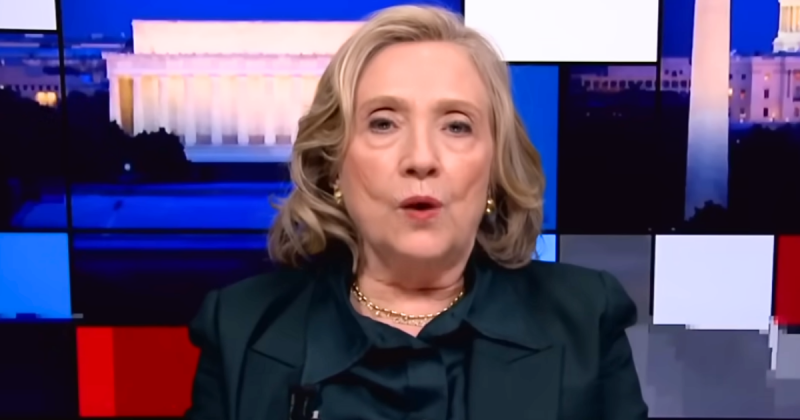Newly released intelligence documents suggest Russian officials deliberately avoided leaking damaging information about Hillary Clinton during the 2016 presidential election, despite having access to it—raising new questions about longstanding claims that the Kremlin was actively trying to help President Donald Trump win.
The House Intelligence Committee, chaired by Rep. Rick Crawford (R-AR), declassified a series of memos and intelligence reports detailing internal assessments by U.S. agencies.
Among the revelations: Russian operatives had gathered credible information about Clinton’s alleged health problems, political vulnerabilities and questionable backchannel deals with foreign religious figures—but opted not to release them.
The intelligence suggests Clinton may have suffered from chronic health issues, including type 2 diabetes and ischemic heart disease, as well as psychological stress requiring powerful sedatives.
Though unverified, the report claims these details were known within Russian circles and could have been weaponized, according to Trending Politics.
Additional reports point to concerns raised within the Obama administration about Clinton’s physical stamina and ability to manage high-stress environments.
Some foreign officials reportedly believed Clinton lacked the strength and decisiveness to confront escalating global tensions.
Internal memos cited by the committee describe Clinton as “fatigued” and “indecisive,” particularly in dealings with NATO allies.
More explosively, the documents allege that Clinton’s team secretly offered increased funding to certain religious organizations in exchange for their political support—arrangements that never became public during the campaign.
Russian officials, according to the report, knew of these negotiations but declined to exploit them for political gain.
These revelations appear to challenge the widely accepted claim that Russia sought to actively damage Clinton’s campaign to aid Trump.
The committee also highlighted testimony from intelligence officials who claim the Obama administration was aware of Clinton’s vulnerabilities but kept them from public view.
Adding to the controversy, a previously classified Presidential Daily Briefing from December 9, 2016, reportedly concluded that Russian interference had minimal impact on the election outcome—contrary to what was often reported at the time.
Director of National Intelligence Tulsi Gabbard approved the declassification and emphasized the importance of releasing information previously withheld from both the public and senior officials.
These newly revealed details offer additional context about the 2016 election and assessments of foreign interference.
The revelations have sparked renewed calls from Republican lawmakers to investigate the origins of the Russia probe and reassess the intelligence community’s role in shaping public perception.
Critics argue the documents reveal a far more complex foreign influence operation than previously acknowledged.
Turning Point USA founder Charlie Kirk weighed in on social media, writing, “If Russia was really all-in on supporting Trump and hurting Clinton, it would have leaked this information in October 2016 when her lead in the RCP average slipped to just +1.3. Instead, Russia didn’t — completely debunking the core assumptions of the Russia hoax.”
As additional documents are released, questions remain about the full scope of foreign influence and the intelligence community’s role during the 2016 election.
Lawmakers and observers continue to seek clarity as the investigation into these matters evolves.

